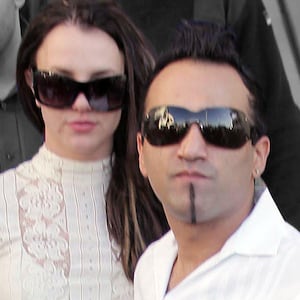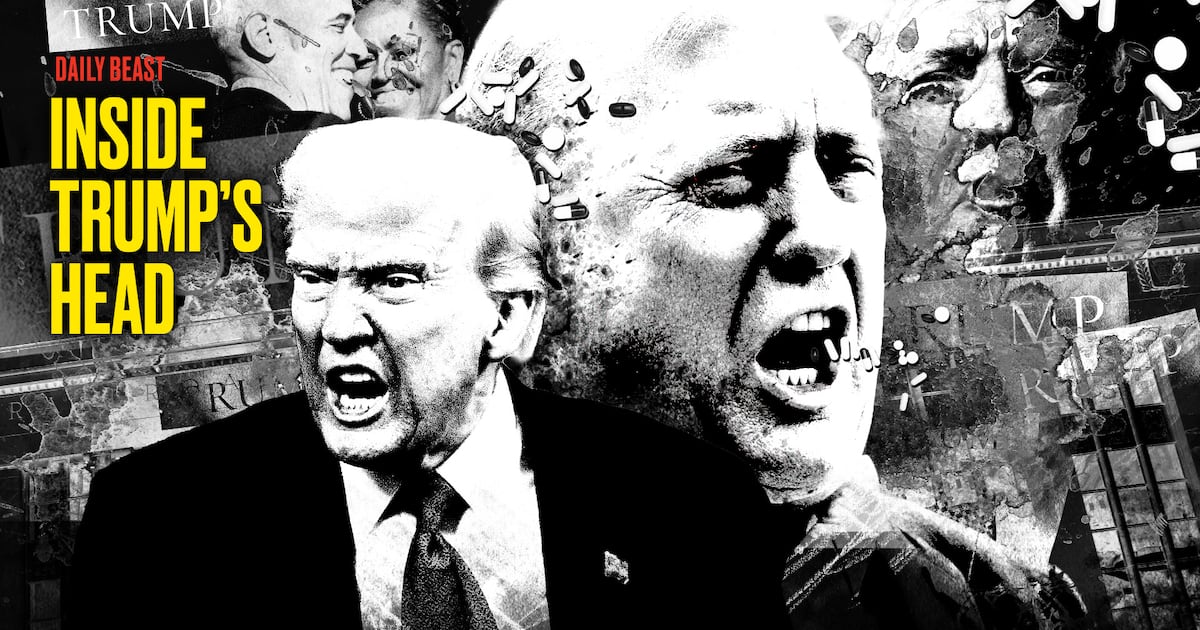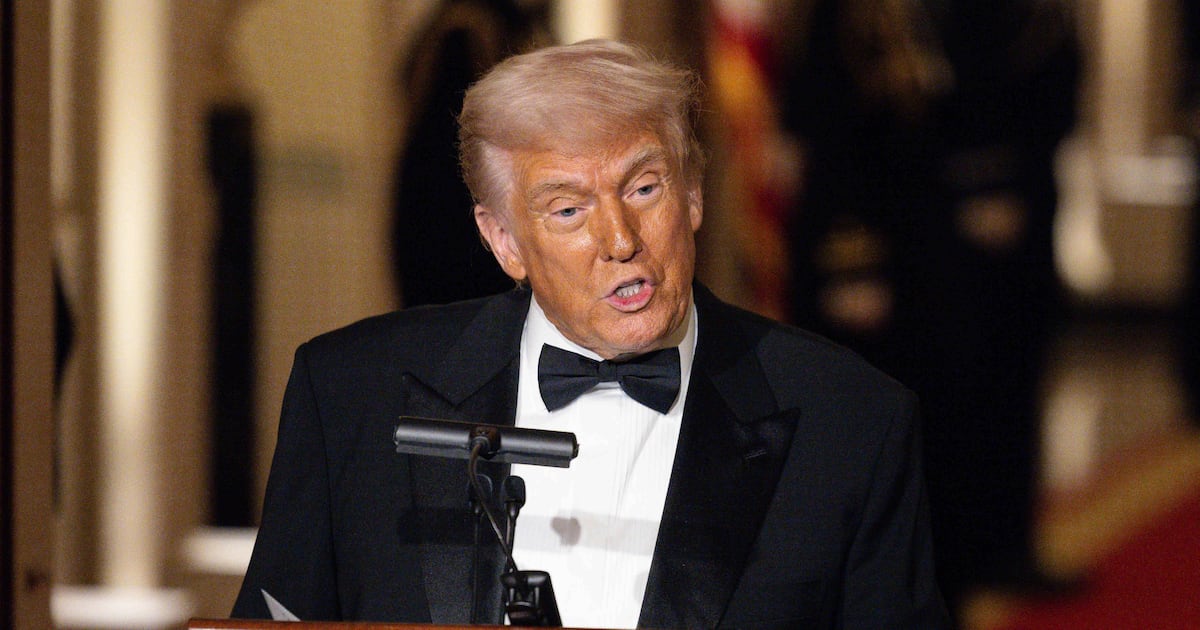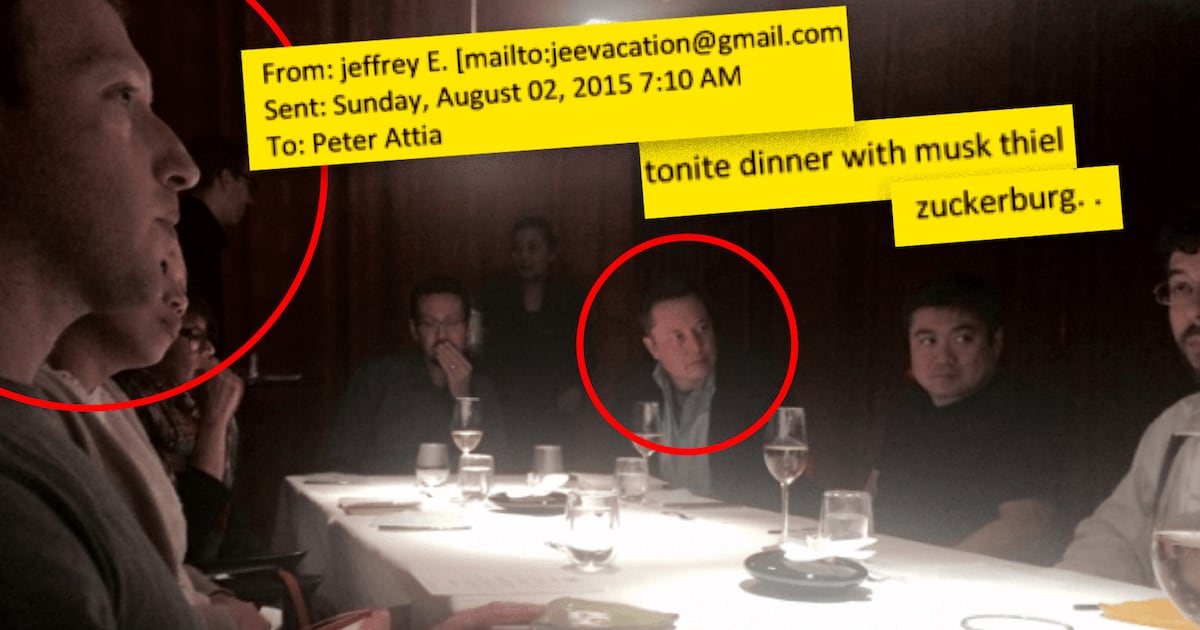Controlling Britney Spears, the New York Times’ latest documentary about the pop icon, observes that one could tell the story of her conservatorship through two Rolling Stone covers—Vanessa Grigoriadis’ unforgettably comprehensive 2008 profile which documented her situation as a capital-T “Tragedy,” and a more empathetic feature from 2011 that trumpeted the Princess of Pop’s return to her throne but simultaneously wondered, “What has the comeback cost her?”
Jenny Eliscu, who wrote the latter story, appears in Netflix’s own documentary on the subject—Britney vs. Spears. In several scenes she and director Erin Lee Carr pore over court testimony and photographs of various players in the Britney saga—all labeled with Post-it notes that impart the spirit of a mafia documentary.
For more than a decade, any report about Spears’ life has come with an inevitable caveat; few journalists have been able to secure unfettered access to the singer in light of the conservatorship that controls her life and finances. Her story has become a patchwork of humiliating tabloid stories and blog posts, highly mediated interviews, and emoji-laden social-media screeds (perhaps written by the singer, perhaps not) unpacked across gossip sites, podcasts, and message boards. Eliscu says at one point that much of her background reporting on Spears came from her shady former manager Sam Lutfi and Adnan Ghalib—Spears’ paparazzo ex whose reported efforts to shop around a Spears sex tape the documentary conveniently ignores in favor of a rosier portrait.
Spears’ increasingly public conservatorship battle and devastating testimony at a public hearing this summer have made her disenfranchisement undeniable. Framing Britney Spears—the first episode of Hulu’s docuseries The New York Times Presents… to tackle the case—played an instrumental role in rallying the public around Spears’ struggle and likely contributed to the legal wins she’s finally been able to secure today. A re-examination of Spears’ public downfall, the episode also underscored how family and strangers alike have at best failed Spears and often, even worse, betrayed her.
As Spears’ case continues to move forward and perhaps even change California guardianship law for good, projects like Controlling Britney Spears and Britney vs. Spears seem to capture a nation’s desperate hope to do right by our beloved everygirl from Kentwood, Louisiana. But is it really possible for any of these restorative projects to do better this time around without Spears’ involvement? And how many more are we all going to watch before we admit that we’ve simply returned to the same voyeuristic instincts that helped land Spears here in the first place?
Like everything else in Spears’ world, the timing of this documentary avalanche has been calculated for maximum impact—and by happy coincidence, of course, maximum profit for others. What better time to drop Controlling Britney Spears, Britney vs. Spears, or Toxic: Britney Spears’ Battle For Freedom (a special CNN report that also aired this weekend) than the eve of her next public court hearing?
It would be somewhat deceptive to paint even these recent efforts with a broad brush. Controlling Britney Spears builds on its predecessor with new reporting about how the singer’s “security” team has been weaponized against her as surveillance. The documentary includes the allegation that in addition to mirroring all of her iPhone activity on an iPad connected to the same cloud account—allowing her conservators to access all of her private notes, messages, and calls—Spears’ security team also bugged her bedroom.
In bringing this information to light and making it public knowledge, one could at least argue that the Times documentary might further bolster public support for Spears’ legal battle and place additional pressure on those who’ve subjugated her for years. One can make no such argument, however, for Britney vs. Spears—a stunning example of Netflix’s inconsistent quality control that provides almost no new information while consulting a shocking array of sources to speak on Spears’ “behalf.”
Lutfi and Ghalib have been useful sources for Eliscu over the years, the journalist says in the doc—and in their own interviews the two men maintain that they had nothing but Spears’ best interests at heart. But their inclusion here merits scrutiny. Lorilee Craker, who co-wrote Spears matriarch Lynne’s memoir Through the Storm, tells Eliscu and Carr via Zoom that Lutfi routinely drugged Britney by crushing pills into her food. (Lutfi denies this.) There’s also Lutfi’s well-documented habit of, as the Times’ Framing Britney Spears put it months ago, “attaching himself to celebrities, often at vulnerable moments.” (See: Courtney Love and Amanda Bynes, in addition to Spears.) Ghalib’s efforts to capitalize on his former romance with the singer—and the documentary’s refusal to engage with them—speak for themselves, as does the inclusion of private text messages that one imagines Spears never released for publication.
The only true “reveal” in Britney vs. Spears happens to be one that looks good for both Lutfi and Ghalib. Eliscu recalls a pivotal moment in her professional relationship with Spears when, after writing two features about the pop icon, she found herself becoming a part of the story. She collaborated with the two men to help Spears petition to replace her court-appointed attorney, Samuel Ingham, with a lawyer of her choosing. Eliscu remembers covertly beckoning Spears into a bathroom and handing her the legal documents to sign in secret. Like Spears’ previous attempt to hire Adam Streisand, however, the effort failed after a judge denied the plea.
Fans have already begun to question whether these documentaries are actually helping Spears. The New York Times concluded Framing Britney by acknowledging that its producers could not be sure Spears had even received their request for comment; weeks after its release, the singer wrote on Instagram that it had embarrassed her and that she’d “cried for two weeks” because of it. In a new statement posted Monday, the singer said that “a lot” of the material in a “new” documentary she’d watched—likely Controlling Britney Spears—is untrue. That said, it remains impossible as ever to know who actually authored these posts.
Journalists do not owe their subjects control of the stories they write, and the line between entertainment reporting and celebrity PR has already grown perilously thin. Are Beyoncé’s Vogue ruminations a more authentic window into one of our generation’s most influential artists, or do they signal A-listers’ triumph over journalistic rigor? When celebrity pairings like Emma Stone and Jennifer Lawrence or Gwyneth Paltrow and Drew Barrymore profile one another, do we actually learn anything interesting about them—or are these features designed to prevent us from doing just that?
All of the recent Spears-centric projects, but especially Britney vs. Spears, highlight a tension that’s become central to Spears’ story: Traditional notions of journalistic objectivity mandate that we hear not only from those who loved Spears at her height, but also those who witnessed her at her worst. All of these sources, when placed side by side, are meant to provide a more complete and authentic window into the subject at hand. A Britney vs. Spears that consults only those who describe Spears in glowing terms would be an obvious puff piece about a subject that deserves more nuance.
But when a documentary subject has been forced into silence for more than a decade while others tell their version of her story to swarms of hungry journalists, those ethical guidelines feel a little less, well, ethical. For instance: Should Mark Vincent Kaplan, the attorney that helped remove Britney’s kids from her custody, really get to share his side of the story before she does? It’s certainly... something... to watch him brush off concerns that she’s been trapped in her conservatorship by saying, “It’s not as if Los Angeles is some type of fascist gulag where in order to get a message to the outside world, you have to write it down on a piece of birch bark in code and throw it over an electrified fence to an unsuspecting gardener.”
Sure, the fans crying out against these documentaries might sound naive. After all, this is Britney Spears—a recording artist worth millions with a staff the size of a small private army. (Never mind that she has zero control over those millions, which effectively means that until recently “her” staff worked for her estranged father, who managed her estate.) Spears is one of the biggest pop stars in the world and locked in a highly influential civil rights lawsuit; pretending it’s not happening is impossible, and besides, it was stories from The New York Times that helped legitimize Spears’ struggle among mainstream audiences in the first place. Credit where it’s due, no?

Protesters attend a #FreeBritney Rally at Stanley Mosk Courthouse on July 14, 2021, in Los Angeles, California.
Emma McIntyre/GettyStill, given the destructive role the media has played in Spears’ story from the very beginning and the discomfort she’s allegedly felt toward even recent, empathetic productions about her legal struggles, it’s hard not to feel as though we (the media, these projects’ producers, the general gossip-loving public) are just exploiting her all over again.
It’s fascinating to consider that even when playing Spears’ own words, both Controlling Britney Spears and Britney vs. Spears seem to have slowed down her speech from that testimony, presumably to smooth out her nervousness and make her sound more collected and intelligible to viewers. The power of her testimony was rooted in that fear and the determination with which she fought through it—but even when speaking in her own voice, Spears’ story winds up molded into a narrative, manipulated and set to music for maximum effect.
Like the #FreeBritney protesters whose efforts garnered mockery for years before the mainstream discourse shifted, the fans railing against these projects are making a legitimate point. Morally speaking, it’s difficult to make a case for making public the private life of a person who has repeatedly expressed a desire to retreat from view. The question, then, is whether the story trumps the individual. We have a choice between the public’s desire to know Spears’ business, and the singer’s pleas for privacy. The regrets we’re currently working to heal are a direct result of choosing the former over the latter again and again in the past.
It’s no surprise that Spears told Los Angeles probate judge Brenda Penny in July, “I’m scared of people; I don’t trust people with what I’ve been through.” Throughout her life the latter has always won out, and so far it seems we’re on track to repeat those mistakes while deluding ourselves into thinking we’re getting it all “right” this time. If Spears has made anything clear, however, it seems to be that she’d really love it if we could all just let her breathe for a few minutes. A viral quote comes to mind...







